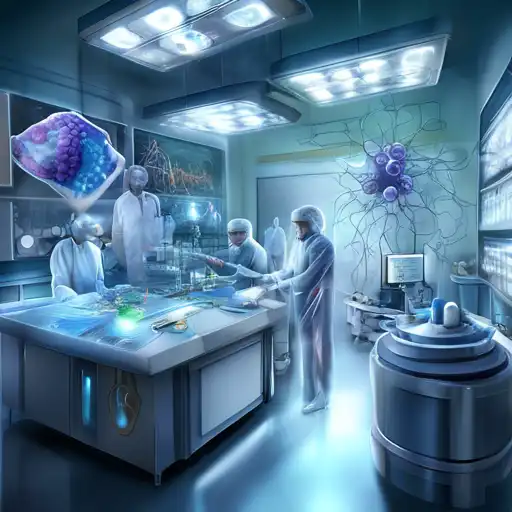Introduction to Nanotechnology in Medicine
Nanotechnology, the science of manipulating matter at the atomic and molecular scale, is set to revolutionize the medical field. With its ability to operate at the same scale as biological molecules, nanotechnology offers unprecedented opportunities for diagnosing, treating, and preventing diseases. This article explores the groundbreaking advancements and potential of nanotechnology in medicine.
The Promise of Nanomedicine
Nanomedicine, the application of nanotechnology in healthcare, promises to transform the way we approach disease treatment and prevention. From targeted drug delivery systems that minimize side effects to nanorobots capable of repairing damaged tissues, the possibilities are endless. The precision and efficiency of nanomedicine could lead to more effective treatments with fewer side effects.
Current Applications of Nanotechnology in Medicine
Today, nanotechnology is already making waves in various medical applications. Some of the most notable include:
- Drug Delivery: Nanoparticles are being used to deliver drugs directly to diseased cells, reducing the impact on healthy cells and improving treatment outcomes.
- Diagnostic Tools: Nanotechnology enables the development of highly sensitive diagnostic devices that can detect diseases at their earliest stages.
- Regenerative Medicine: Nanomaterials are being explored for their potential to support tissue regeneration and repair.
Future Prospects
The future of nanotechnology in medicine is bright, with research underway to explore its potential in combating cancer, neurodegenerative diseases, and even aging. The development of nanorobots for precision surgery and the use of nanotechnology for personalized medicine are just a few areas of interest that could redefine healthcare.
Challenges and Ethical Considerations
Despite its potential, the integration of nanotechnology into medicine faces several challenges, including safety concerns, ethical issues, and the need for regulatory frameworks. Addressing these concerns is crucial for the successful adoption of nanomedicine.
Conclusion
Nanotechnology in medicine represents a frontier of innovation with the potential to significantly improve patient outcomes and revolutionize healthcare. As research progresses, the possibilities for nanomedicine continue to expand, promising a future where diseases are treated more effectively and with greater precision. The journey of nanotechnology in medicine is just beginning, and its impact is expected to be profound.
